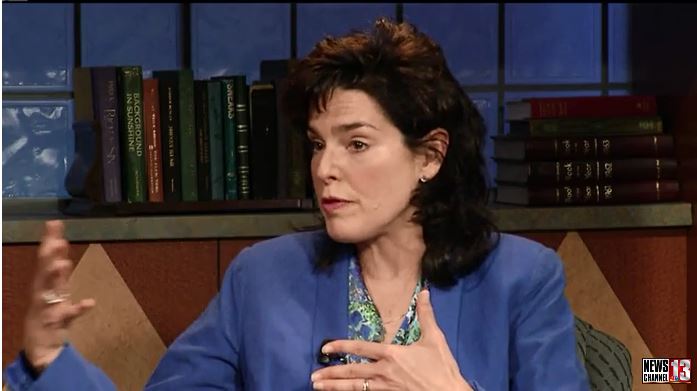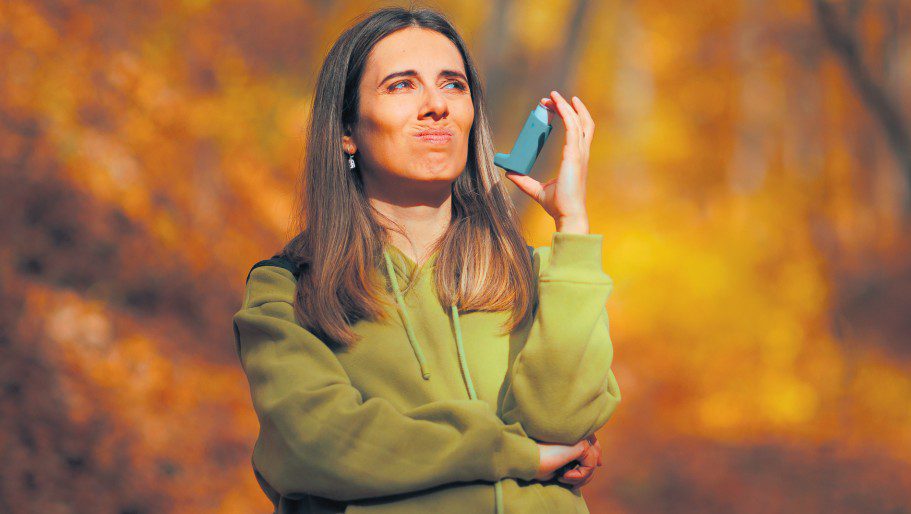
[This piece was written by Diane Tenenbaum, MD, of St. Peter’s Children’s Health Center.]
According to the Asthma and Allergy Foundation of America, one in five Americans suffers from allergies. They can be triggered by common items ranging from pollen in the air (hay fever) to dust mites to an insect bite to certain foods.
According to the American Academy of Pediatrics, if your child – or you! – exhibit repeated or chronic cold-like symptoms that last more than a week or two, or develop at about the same time every year, you likely are having an allergic reaction.
Pollen allergies are seasonal, with tree pollens generally the culprits in spring; grass pollens in the summer; and ragweed as we enter fall. Fortunately, most individuals are allergic to one, not all. Year-round symptoms are usually related to dust mites, pet dander, or mold.
In response to these triggers, the body dispatches a self-defense corps of antibodies that cause a variety of symptoms including sneezing, watery eyes, a runny nose, itchy throat, fatigue, and sinus headache or facial pain.
The best way to deal with allergies is to avoid the triggers, where possible. Particularly with pollen, steps you can take to minimize exposure for you and your child include:
- Stay indoors as much as possible between 5 and 10 a.m. and again at dusk, when pollen counts are at their highest.
- Keep your windows closed and the air conditioner on, whether at home or in your car.
- Wash your hands and face after venturing outside. Your clothes are also likely to be carrying pollen, so change them once you are back indoors.
- Bathe and shampoo hair before going to bed. Change bed sheets at least once a week during pollen season. And don’t dry anything on the line where it can gather pollen.
Your primary doctor or pediatrician may refer you or your child to an allergist, who can confirm an allergy through testing, either via skin prick or blood work. Individuals with trouble breathing may require a lung function test.
Once confirmed, allergies can usually be treated with antihistamines in oral medications, nasal sprays, and/or eye drops. In severe cases or if medications are not effective, allergy shots may be needed.
St. Peter’s Children’s Health Center, 1092 Madison Avenue, Albany, offers a complete range of services for children from newborns to age 18. Services include well-child routine care, sick child exams, school and camp physicals, sports physicals, immunizations, health maintenance and education, and access to other hospital services and referrals to specialists. Call 518-525-2445 for more information or an appointment.





